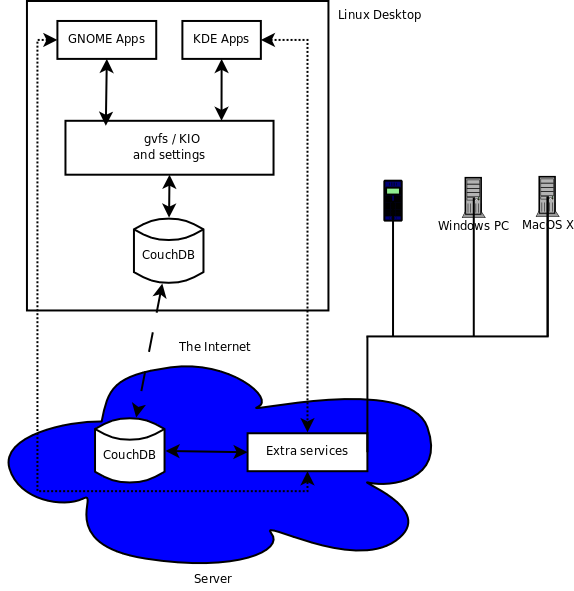After two weeks out of home (1 week for Canonical all hands at a nice hotel and conference center in Terrassa, and another for UDS (Ubuntu Developer Summit, for those who don’t know) in Barcelona), I’m finally back home and have rested enough to write a small post.
First of all, the good things: met again with some GNOME old friends, like Christian, Cody, Pedro, Seb, Ryan, James, Jorge, Danilo, Juanje, Daniel, … (sorry if I miss someone), and met lots of new interesting people, both from Canonical and the Ubuntu community. Learnt lots of new things (which I’ll try to blog about soon), hacked on cool stuff (more news soon), had a lot of fun hanging around with people, got a bit tipsy some nights, and, in summary, had a great time, even though I slept very few every night 🙂 And well, visiting Catalonia in general and Barcelona (my father’s born place) in particular is always a pleasure for me.
But there’s always a dark side, or maybe I’m getting too old, but I really don’t understand why in the free software community we compete so much, and please don’t take this as an Ubuntu-only case, I’m blogging right after UDS just by coincidence, this is something that applies to all the communities I’ve seen so far in the free software world. That is, it is nice to have competition (“2 desktops make for a better Linux desktop“, “choice is good“, etc), but hearing all the time comments in community/project A about how community/project B sucks so much (and viceversa) made me think, while coming back home on the train last night, about how we could be doing if we cooperated rather than compete. That is, having 16 audio libraries in Ubuntu, is it really needed? Or having people from different projects work on the same stuff over and over without even talking to each other about how to share some work? Is it that hard to understand for us, that we like telling others from outside our world how nice it is that you can share and work together with others, that we should really apply those principles in how we do the stuff ourselves? How is it that, in these events, you hear more comments against “rival” free software projects than against “evil” companies, like in the good old days of trolling?
As I said, maybe I’m really getting too old for this, but it really reminded me the situation in Catalonia in the final years of the Spanish civil war, where anarchists and socialists fought against each other for a few months instead of fighting together against the fascists. Fortunately here nobody is dying, so I guess I can cope with being in the middle of some fightings (I have friends at Novell/Canonical/RedHat/* and GNOME/KDE, etc), but just try to imagine how well we could do if we all cooperated a bit more. What a wonderful audio library we could have if the people working on those 16 implementations available in Ubuntu worked together!!! *
So yeah, that’s all the bad stuff I had to share. From now on, will only blog about the nice things that came out from this All Hands/UDS 2 week marathon.
* audio libs developers: please don’t get upset, I’m not criticizing you, just using you as an example of what happens in a lot of projects







